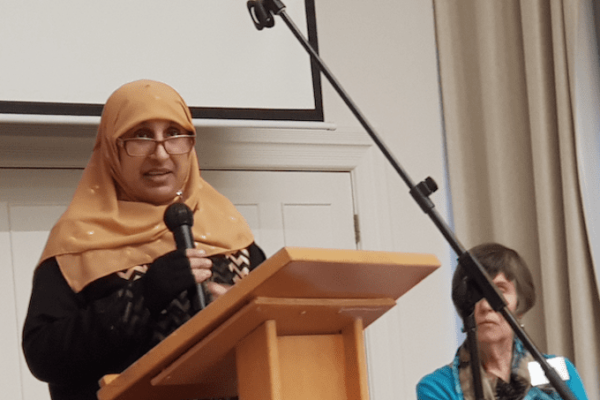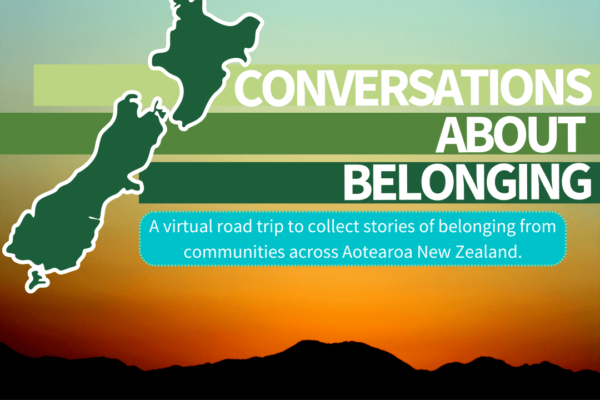A time for inclusion not division
Over the last week the news has been inundated with reports depicting the dire situation in Afghanistan, due to the recent takeover of the nation by the Tailban. Reports on the impact of this development on the country’s most vulnerable populations have been comprehensive, and this has motivated us to post this article.
The Afghan Association of New Zealand, which represents the Afghan diaspora in Aotearoa New Zealand, released a statement on 18 August advocating for a peaceful resolution to the current situation, their deep concerns for the welfare of those experiencing hardship in Afghanistan, and their condemnation of “any racism or violence towards anyone due to these events”.
Inclusive Aotearoa Collective Tāhono (IACT) fully supports the advocacy currently being undertaken by local human rights organisations, ActionStation and Amnesty International Aotearoa NZ, in urging the New Zealand government to ensure safe passage out of Afghanistan for those most at risk.
We commend the NZ Government for their proactive efforts to evacuate approved foreign nationals and New Zealanders through the evacuation mission that departed New Zealand today (19 August). We also encourage them to continue to add their voice and efforts towards stabilising the situation in Afghanistan through supporting in-country peace-building efforts and human rights organisations.
Most recently a joint statement was co-signed by 21 countries and released on 18 August 2021, addressing concern for the rights and freedoms of Afghan women and girls. We would add that the situation of women and girls should not be used as a reason for further violence against the Afghan population.
IACT supports the request by Amnesty International Aotearoa NZ and ActionStation that the Government widen its evacuation support to include those who are especially vulnerable to attack: civil society workers, journalists, academics, activists, women human rights defenders and other vulnerable people, as well as Afghan nationals who have family in Aotearoa New Zealand. This includes expediting visas, delivering support for evacuations from Kabul airport and providing relocation and resettlement, as well as an immediate pause on the deportation of people to Afghanistan.
We are also mindful of how the situation in Afghanistan may impact Afghan people currently residing in Aotearoa New Zealand. We urge the NZ Government and the NZ Human Rights Commission to consider plans of safety and support for local Afghan and Middle Eastern communities who may be at risk from the potential increase of stereotyping, racial microaggressions and generalisations. This is a time for inclusion within our society, not divisiveness. The last thing we want to see in Aotearoa is division in local communities as a result of this humanitarian crisis.
The situation in Afghanistan and its repercussions will be felt for weeks to come. If you would like to contribute to fundraising or collective action, here are a few options on how you can help. We will continue to add resources and links to this list as they become available:
- Raising funds for basic necessities such as food, water and clothing for internal refugees in Afghanistan coordinated by Bariz Shah and Saba Afrasyabi: Give a Little
- Raising funds for reunification of refugee families coordinated by the Auckland Refugee Family Trust: Give a Little
- Raising funds for reunification of refugee families coordinated by Wage Peace NZ (Tracey Barnett) to be paid to Auckland Refugee Family Trust: Give a Little
- Sign the Amnesty International Aotearoa NZ petition and ActionStation petition to ‘Tell the NZ Government to provide a safe passage to people fleeing from Afghanistan’. Both groups are working together to coordinate their efforts in this area.
- Raising emergency funds to help Afghans who have been displaced, lost loved ones or require general assistance during this crisis, coordinated by the Afghan Association of New Zealand: Fundraising appeal
- Here is a resources page created by the NZ Human Rights Commission with tips on how to respond to racism, how to model anti-racist behaviour and where help can be found.


